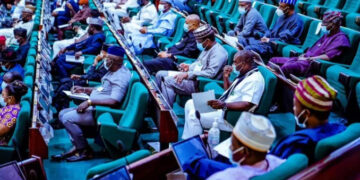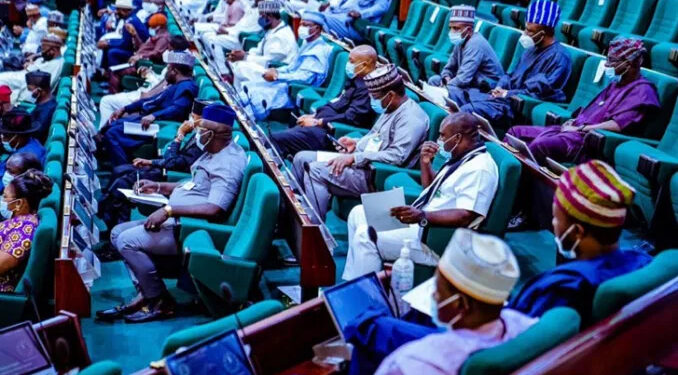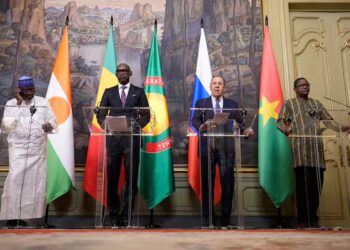House of Representatives at the plenary on Thursday, mandated its Committees on Finance; Anti-Corruption; Financial Crimes; Banking and Currency; and Insurance and Actuarial Matters to “investigate the phenomenon of illicit financial flows and appraise the Federal Governments current policy framework to curb the continuous loss of Nigeria’s’ revenues to illicit financial flows.”
The House also mandated the Committees to appraise the Federal Inland Revenue Service, FIRS current framework for identifying, tracing, preventing and sanctioning cross-border tax evasion and other illicit financial outflows.
The committees are to invite the Minister of Finance, Budget and National Planning, Zainab Ahmed; and heads of the FIRS, Economic and Financial Crimes Commission, EFCC, Central Bank of Nigeria, CBN, Independent Corrupt Practices and Other Related Offences Commission, ICPC, Nigerian Financial Intelligence Unit, NFIU, Nigerian Export-Import Bank, Nigerian National Petroleum Corporation, NNPC “and any other relevant institutions”.
They are to “address the committees on the continuous loss of government revenues to illicit financial flows and present reports on the measures to curb revenue losses, particularly the coordinated implementation of the automatic exchange of information standard, to prevent further revenue leakages, curb tax evasion and money laundering activities”.
These resolutions followed the unanimous adoption of a motion moved by Chairman of the House Committee on Local Content, Ochiglegor Idagbo, titled ‘Need to Appraise Nigeria’s Legal Framework against Illicit Financial Flows’.
Idagbo explained that illicit financial flows is the cross-border transfer of capital that was illegally earned, transferred or utilised, and often consists of commercial money laundering, tax evasion and proceeds of corruption and criminal activities.
The lawmaker noted that the socio-economic development of Nigeria has “deeply suffered due to the unabated cross-border financial dealings of the nation’s revenues resulting from illicit financial flows”.
He said, “The House is disturbed that the Report of the Global Financial Integrity, 2014, showed that Nigeria lost a minimum of $140bn to illicit financial flows between 2000 and 2014, mainly to crude oil and commercial activities mispricing, thus Nigeria was ranked among the global top 30 countries having Illicit Financial Outflows by dollar value and in 2015, a total of $8.3bn was involved in the illicit financial outflows.
“The House is also disturbed that the Tax Justice Network and the International Monetary Fund estimated that developing countries, including Nigeria, lose over $200bn per year to illicit financial flows as multinational corporations neglect, fail and/or refuse to pay taxes, despite generating substantial profits.
“The House is concerned that the incessant financial drain on the country’s economy by the Illicit financial outflow continues to have negative implications for domestic resource, mobilisation and long-term economic growth and development, as approximately 5 per cent of the IFF from Africa can be attributed to corruption, while the remaining 95 per cent comes from commercial and criminal activities”.
Idagbo decried that statistics shows that the amount of revenues lost annually is more than the sums provided as Development Aid.
“The net official Development Aid received by Nigeria in 2017 was $3,358,790,000, and the United States Agency for International Development has donated over $526.7m in humanitarian assistance to Nigeria and the Lake Chad Basin since 2017. Yet, none of the aforementioned figures matches the estimated $15 and $18bn Nigeria loses to IFFs annually, hence Nigeria continues to struggle with growing inequality, poor infrastructure and lacking service delivery,” he said.




































